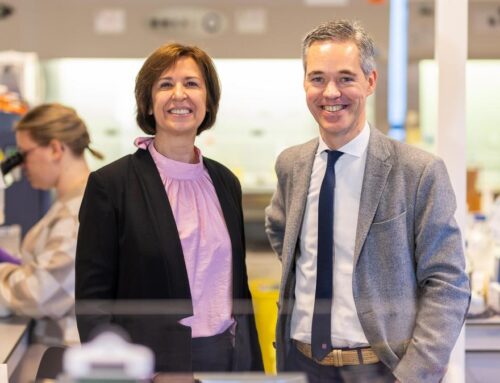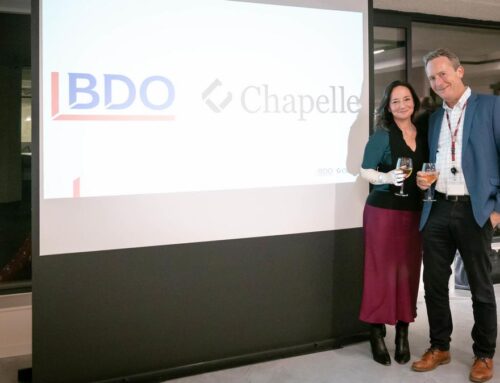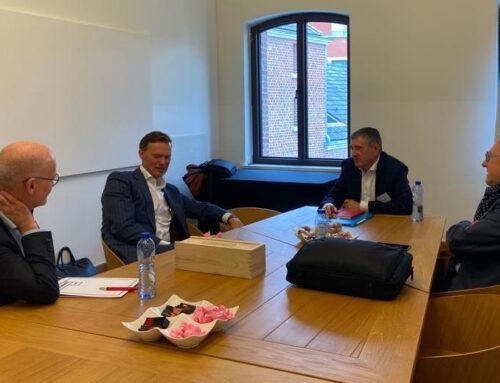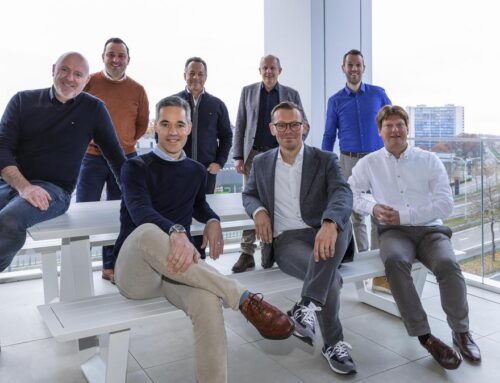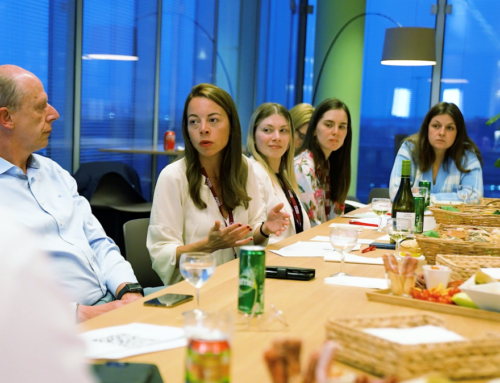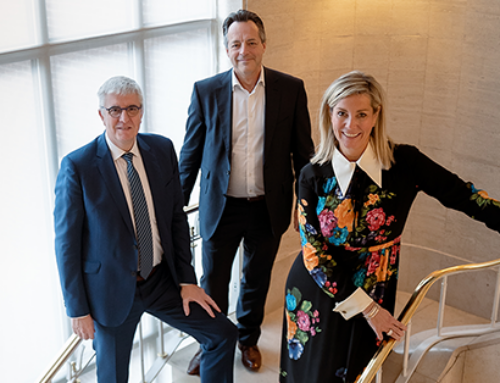Wonderful? Productive? Terrifying?
Peter Van Laer, CEO BDO Belgium
With the advent of ChatGPT, the world of artificial intelligence (AI) experienced its iPhone moment. ‘A watershed moment in the history of AI’ ran the headline in the trade press. Soon after, the big boys jumped on the bandwagon – adding to the momentum and underlining AI’s relevance.
ChatGPT – or, to give it its full name: Chat Generative Pre-trained Transformer – sounds more extra-terrestrial than human. However, the chatbot specialises in conducting dialogues in the most human way possible. I have been experimenting myself, and I have to admit … at first glance, the results look amazing. And I’m not alone: just 5 days after the launch, the number of registrations exceeded the magic mark of 1 million users! Facebook took 10 months to achieve this, Instagram 10 weeks.
So, has ChatGPT written a piece of history? It seems very likely. With every step we take forward in AI, the boundaries between human activity and machine-based actions blur – think too of deepfaking in imaging and processing. That may seem frightening, but nevertheless it’s a window onto an inevitable future: human activity increasingly supported by digital devices, whether or not artificially intelligent.
“AI opens a window onto an inevitable future.”
Driven by and for people
Critics focus – often justifiably – on the flaws of chatbots. At the same time, people are concerned about the growing dominance of, and dumb reliance on, algorithms in our work and life. Obviously, we must remain critical, but we should not gloss over the benefits. Algorithms and technology also save lives and, subconsciously, they are already gaining our trust in many almost invisible applications, such as assisted driving systems (anti-skid, ABS, collision detection, etc.).
Are we still able, let alone willing, to do without them? As a technology optimist, I believe that the new AI capabilities will quickly become part of our daily activities, on both business and personal levels. But, as with any innovation breakthrough, we will have to consider teething problems and ethical issues.
AI is the long-awaited next quantum leap in the digitisation of our businesses and society. Intelligent digitisation – driven by and for people – that supports our productivity and life in and of itself.
After all, AI offers the perfect opportunity to break the so-called productivity paradox(*). I see a lot of opportunities for bots like ChatGPT in consulting, software engineering, marketing, and so on. Couple that with optimal cross-pollination amongst the mass of data we have built up over the past few years and we can move mountains.
Without AI, our human brain cannot possibly process the exponential growth in available data, let alone do so efficiently and cost-effectively. Our brains simply don’t have such massive computing power. Nevertheless, people will have to continue to intervene to filter out from the results the knowledge that is actually relevant and meaningful. For our DNA as an organisation, as a service provider, as people.






